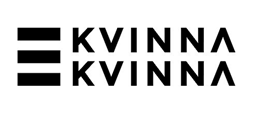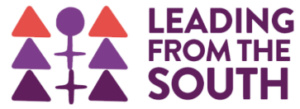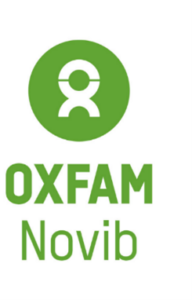
Why Feminist MEL and why now?
The report sets the stage by asking: why do we need Feminist MEL, and why now? It points out that our current way of doing MEL is holding us back. We are aiming for a kind of change that is non-linear; it is complex and takes time. So, the data we gather trough MEL practices should not just be for keeping donors happy. It should drive real social change. Plus, with the push for decolonisation, there is even more reason to rethink how we do MEL.
Key principles of Feminist MEL
After setting the stage, the report dives into explaining six key principles of Feminist MEL:
- Participation & Power sharing
- Intersectionality
- Collective learning
- Care & Wellbeing
- Facilitating role
- Celebrate diversity
Alongside explaining these principles, the report provides illustrative examples of best practices. These examples serve as handy guides for stakeholder to put these principles into action

Opportunities and obstacles for integrating Feminist MEL in the successor policy framework
The report then continues by providing key recommendations on Feminist MEL in the successful policy framework and Feminist Foreign Policy, as the new policy framework offers an opportunity for the MFA to transform its MEL systems and processes. These recommendations touch upon IATI, basket indicators and quality.
Good practices of how Feminist MEL can be applied
To top it off, the report wraps up with a collection of good practices showing how different organisations and consortia have effectively implemented Feminist MEL in practice. These examples include strategies on gender resistance and mitigation, creative methods to collect data, navigating the IOB criteria, and much more.
When dealing with large amounts of different data it is tempting for organisation to create a coherent story to make sense of data. Nonetheless, it is important to continuously respect the diversity of stories and experiences, and understand the context where these stories and experiences come from.
A special thanks to:
![]()





![]()


